Canada has implemented a 100% tariff on electric vehicles from China. This move mirrors similar actions taken by the United States.
The Canadian government cites concerns about unfair competition and job protection. These tariffs aim to shield domestic automakers and unionized workers from cheaper imports.
How will this affect global EV markets?
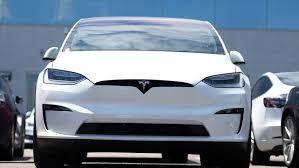
The Canadian decision could set a precedent for other countries. Global EV sales might face disruption if more nations adopt similar policies.
Industry analysts predict a 15% drop in EV imports to North America. The long-term impact on international trade relations remains uncertain.
What’s behind the surge in Chinese EVs?
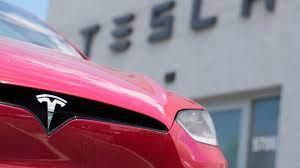
Chinese EV imports to Canada’s largest port increased by 460% in 2023. This surge brought 44,356 vehicles into Vancouver alone.
Chinese manufacturers benefit from advanced battery technology and scale economies. Some experts argue these advantages give Chinese EVs an unfair edge in global markets.
Are government subsidies skewing competition?
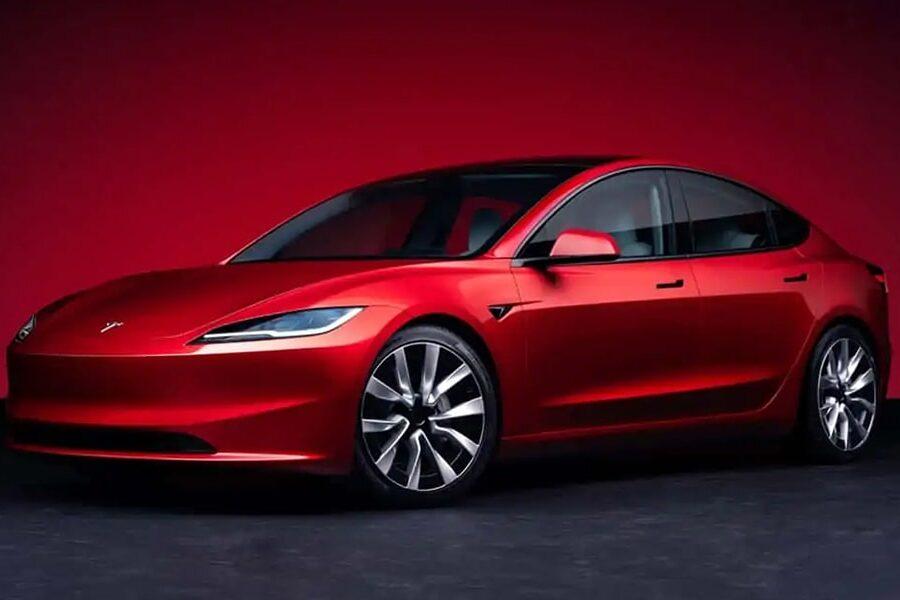
Allegations of Chinese government support for EV makers persist. Critics claim these subsidies allow for artificially low prices.
However, concrete evidence of such practices remains elusive. The debate continues to shape international trade policies.
How might this impact domestic manufacturers?
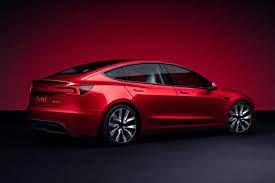
North American automakers could see a boost in market share. Ford and GM stand to benefit from reduced foreign competition.
Industry projections suggest a potential 10% increase in domestic EV sales. But can local manufacturers meet the growing demand for electric vehicles?
What about quality concerns?
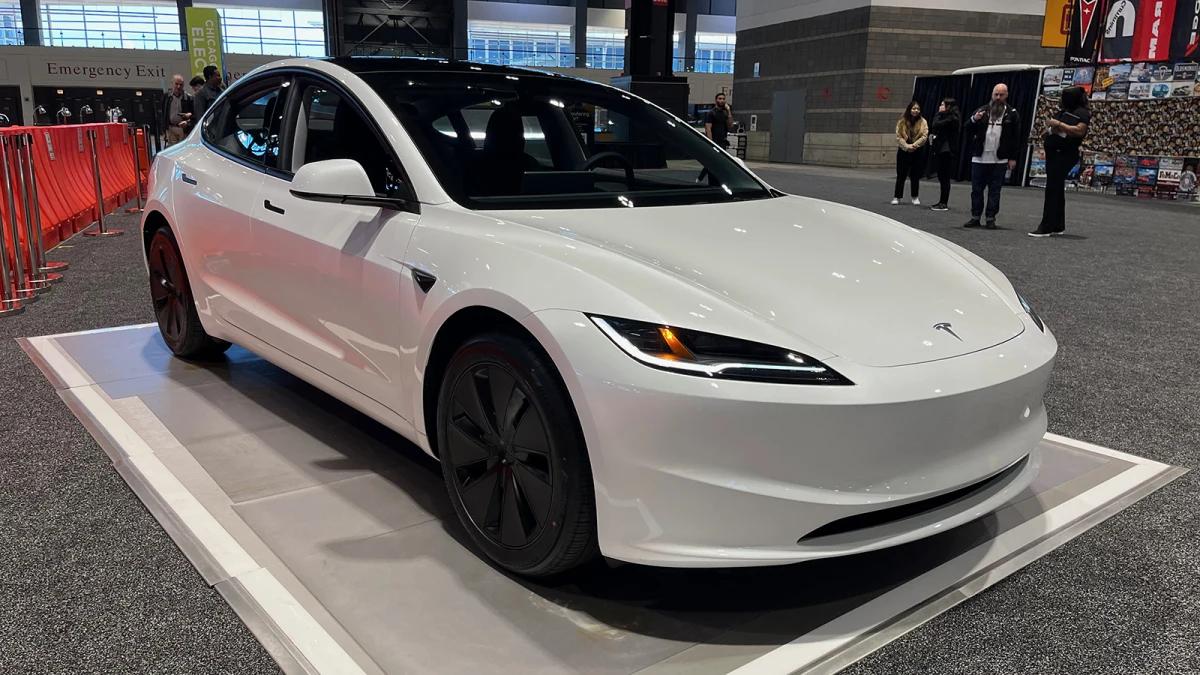
Despite import restrictions, Chinese EVs have performed well in quality surveys. Some models rank higher than their Western counterparts in consumer reports.
This raises questions about the true motivations behind the tariffs. Are quality concerns merely a smokescreen for protectionist policies?
Could this backfire on consumers?
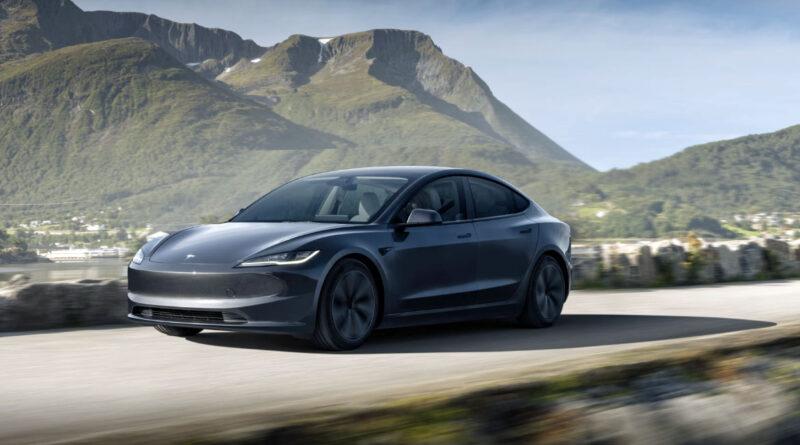
Reduced competition might lead to higher EV prices. Consumers could face fewer choices in the electric vehicle market.
Some economists predict a 20% increase in average EV costs. Will these tariffs ultimately slow down the transition to electric mobility?
How are other countries responding?
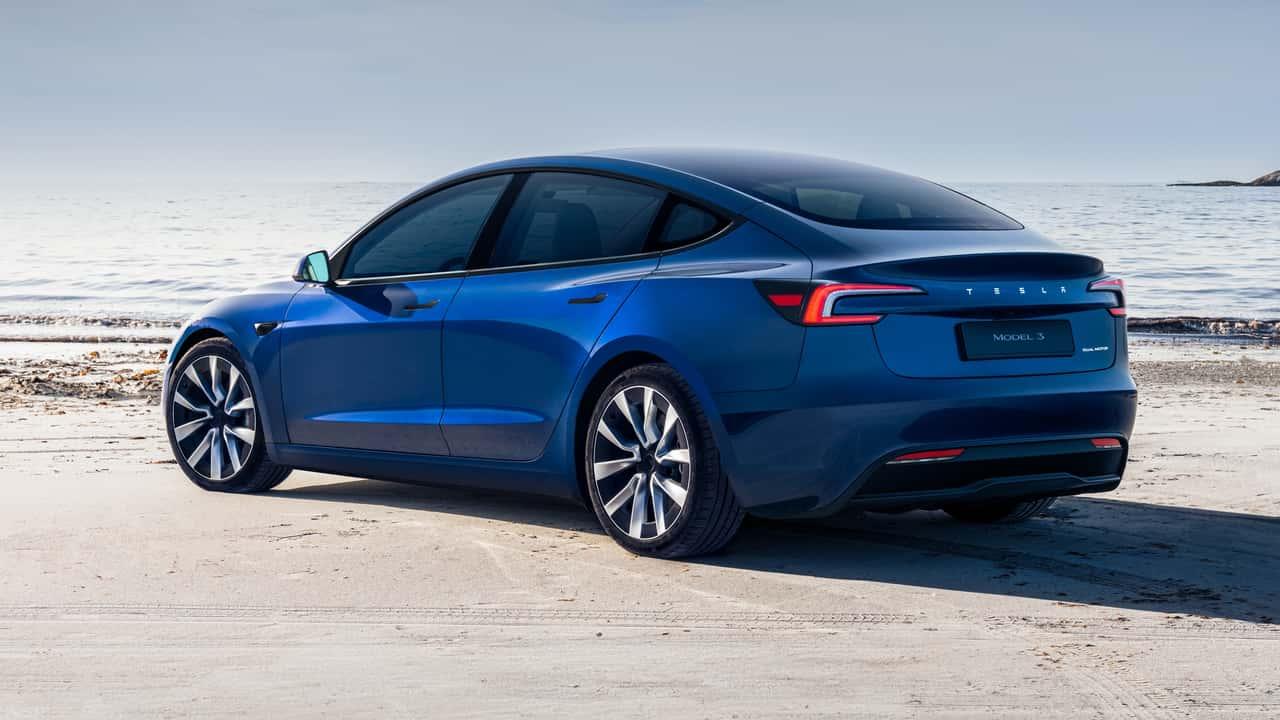
Several nations are closely watching Canada’s move. The European Union is considering similar measures to protect its auto industry.
Australia and Japan have expressed concerns about Chinese EV dominance. A global shift in EV trade policies could be on the horizon.
What’s the environmental impact of these tariffs?
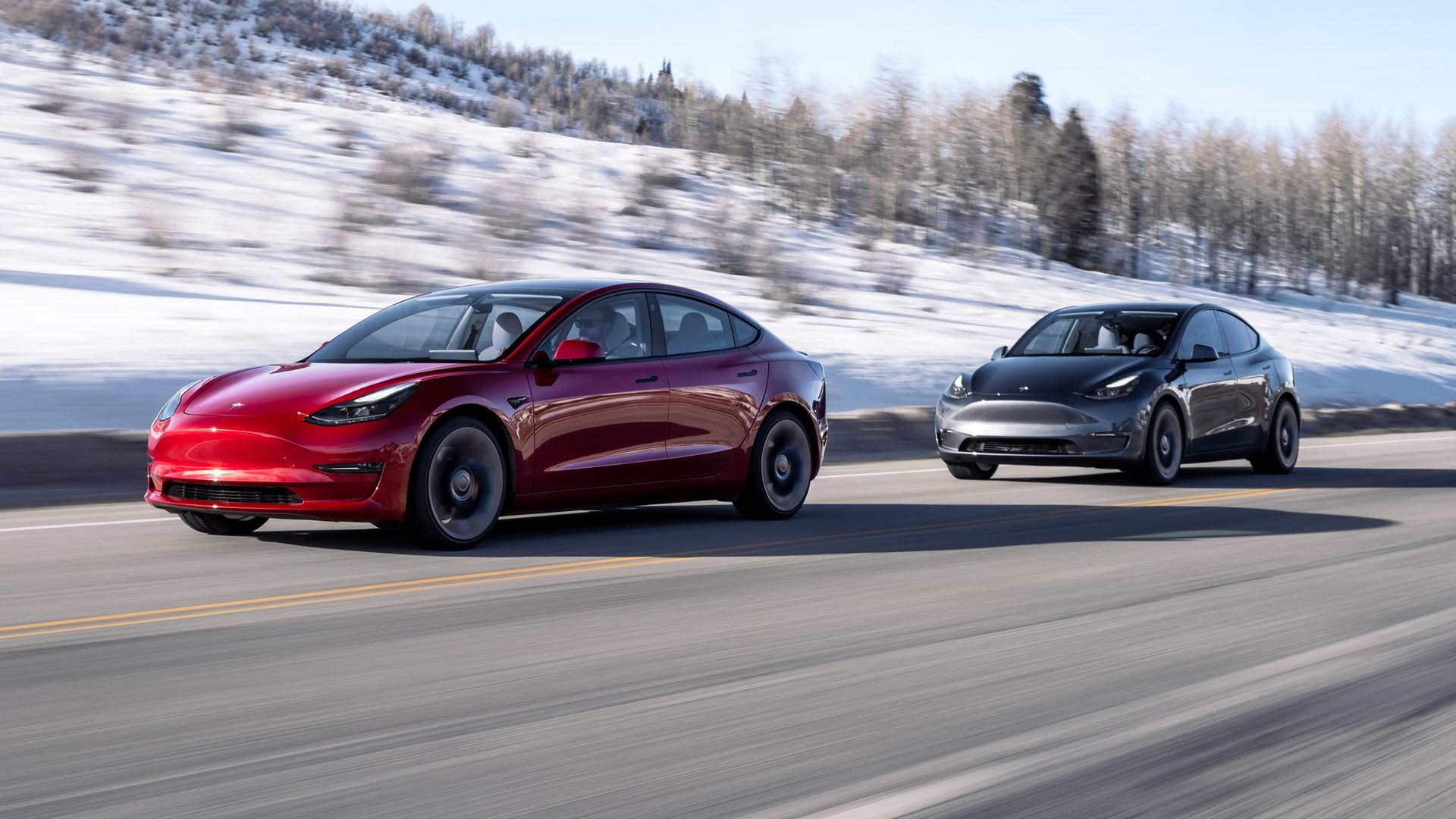
Restricting EV imports might slow down adoption rates. This could potentially hinder efforts to reduce carbon emissions.
Environmental groups warn of a possible 5% increase in transport-related emissions. Will economic protectionism come at the cost of climate goals?
Is this the beginning of an EV trade war?
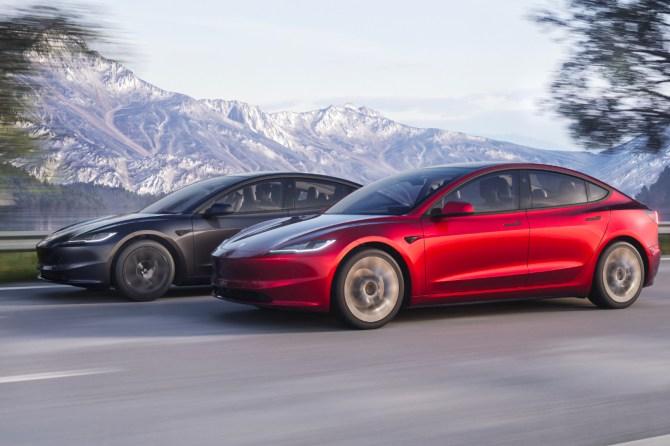
The Canadian tariffs may spark retaliatory measures from China. Other countries might be forced to choose sides in this emerging conflict.
Trade experts warn of a possible 30% reduction in global EV trade. As tensions rise, the future of the global EV industry hangs in the balance.

